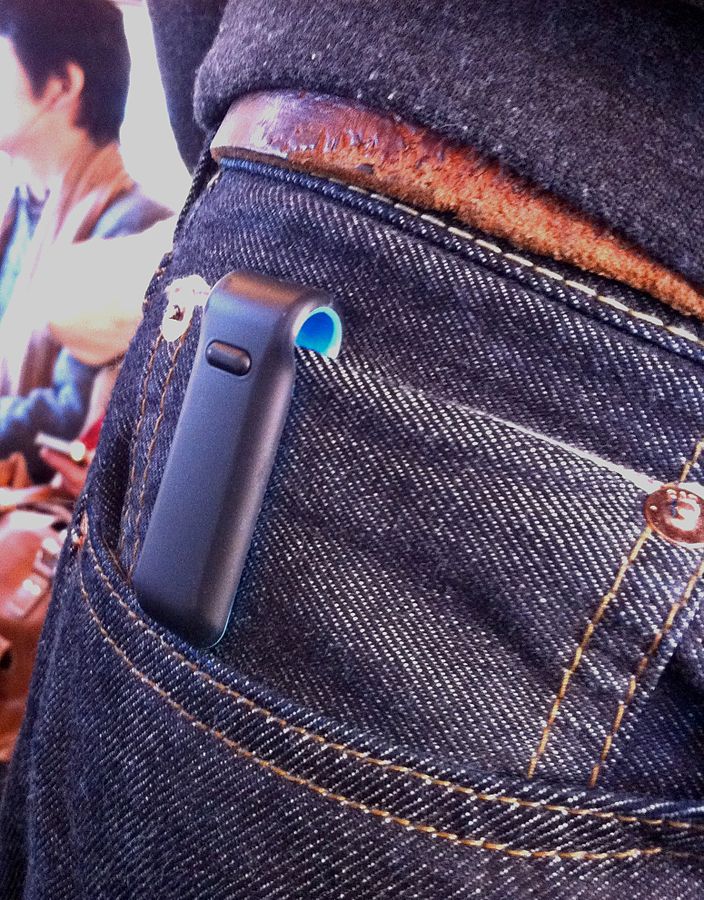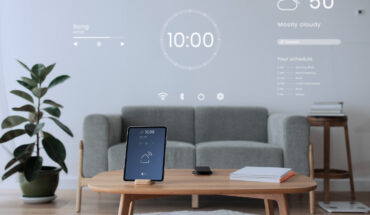The advent of the smartphone heralded a new era of wearable technology, introducing the idea of a personal area network. Now multiple devices can be worn and communicate with each other while assisting you in your everyday life.
One of the most important ways that this technology has been adopted has been to monitor health and help people generate information that they can use to adjust their lifestyle in a way to promote healthier living. While the current application of this technology is extremely useful, it’s the potential future of healthcare technology which is really exciting.
Wearable heath Technology Today
Today almost everyone has a smartphone, a pocket sized personal computer that is used to connect the user to a vast network of resources. The sensors in a smartphone can be used to monitor sleep patterns, measure exercise time and distance as well as calculate calories for dieting plans.
Specialized watches have even more sophisticated sensors that do an even better job and are more comfortable to wear for things like workout tracking and sleep monitoring. Specialized software for these devices will offer reporting on everything from sleep patterns to calorie intake and how they relate to the seasons or time of the day.
Doctors have been using wearable technology in the form of heart monitors for a while now, giving automated alerts to health care professionals if an at-risk or recovery patient’s heart rate is causing concern.
Wearable Heath Technology in the Future
More and more technology is hitting the consumer market and one of the hottest new technologies is Augmented Reality. This is technology in the form of glasses or goggles that allows the user to see the real world with computer generated information or images superimposed over it. Google Glass was the first real foray into this field, but more and more companies are entering the field.
The health implications of a program that has the ability to tell you what the estimated calorie content of a piece of food you’re looking at, or to automatically scan and recognize a food at the grocery store for allergens are extremely powerful and likely to become commonplace.
Medical devices surgically inserted could provide real time alerts to a user or medical professional on the state of a body, whether that body is an at risk patient or a normal healthy person being proactive. More information for doctors means faster diagnosis, lower wait times for specialists as doctors are able to more effectively screen and review patients before actually seeing any patient. The more information that can be gathered automatically by a device means less time spent by doctors on the initial diagnosis, allowing them to use the data to determine the cause of an illness and recommend a solution.
The future of healthcare technology is an interesting one, and being able to monitor potentially fatal conditions effectively should transform the healthcare industry. Despite the fantastic applications available already we’re still in the early stages, and the future looks to be an exciting one.
As we continue to adopt technology to update medical processes that have become dated and archaic, many of the healthcare systems around the world will change the way in which they operate. Ultimately, they will be under less day-to-day pressure as patients won’t require as much face to face interaction with a healthcare professional. This will allow hospitals to streamline operations and increase the quality of care for patients. It will be the adoption of technology that will alleviate the pressure that many hospitals are under today.



